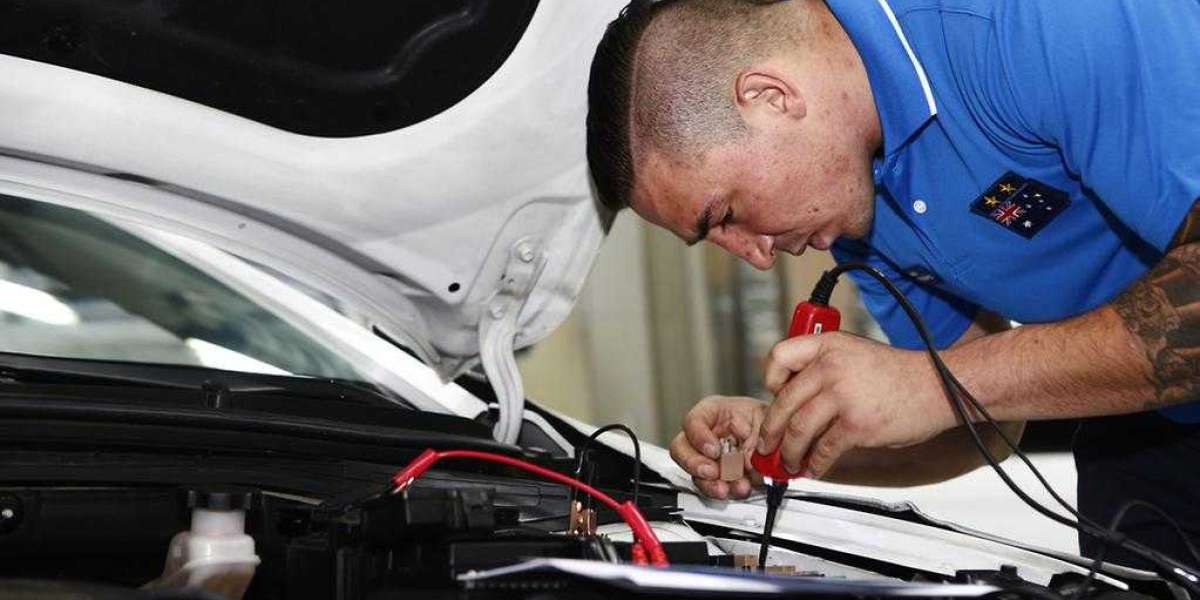Learn if a Car Warranty covers tire and battery replacements. Find out what your Car Warranty includes for repairs and replacements.
When investing in a new or used vehicle, one of the most common questions car owners ask is whether their car warranty at autopair.ca covers essential replacements like tires and batteries. These components are vital for the safety and functionality of your vehicle, making it crucial to understand what your car warranty includes and what it doesn’t. In this blog, we’ll explore the typical coverage of a car warranty regarding tire and battery replacements, shed light on different warranty types, and provide practical tips for car owners.
Understanding the Basics of a Car Warranty
A car warranty is a contractual agreement between the vehicle owner and the manufacturer or dealer that guarantees coverage for certain repairs and replacements over a specified period. The primary purpose of a car warranty is to protect consumers from unexpected expenses due to manufacturing defects or component failures. Standard warranties often cover major mechanical systems such as the engine, transmission, and electrical components. However, coverage for consumables like tires and batteries varies depending on the warranty type and provider.
What Does a Standard Car Warranty Typically Cover?
Most standard vehicle warranties focus on repairs related to manufacturing defects or faulty parts. For example, a typical new car warranty might include bumper-to-bumper coverage for three years or 36,000 miles, covering repairs for issues caused by manufacturing faults. Powertrain warranties usually extend longer, often up to five years or more, covering critical components like the engine and transmission. However, these warranties generally do not include wear-and-tear items such as tires and batteries, which are considered consumables.
Are Tires Usually Covered Under a Car Warranty?
Tires are generally not covered under a standard car warranty because they are classified as consumable parts that wear out over time due to use and road conditions. Manufacturers and dealerships usually consider tire replacements as part of regular maintenance rather than warranty repairs. However, some new car purchase packages include tire warranties or road hazard protection plans that specifically cover tire damage from potholes, nails, or other road hazards. These are often sold separately and can provide coverage for tire replacement or repair beyond the manufacturer’s standard warranty.
Does a Car Warranty Cover Battery Replacements?
Batteries are another component that typically falls outside the scope of a standard car warranty. Like tires, batteries are considered consumables that degrade over time. Most vehicle warranties do not cover battery replacement unless the battery fails prematurely due to a manufacturing defect. In such cases, the warranty may cover the cost of a new battery within the initial warranty period, particularly if the failure occurs early in the vehicle’s life. Many automakers offer separate battery warranty or replacement programs that specify coverage duration and conditions.
Extended Warranties and Their Coverage for Tires and Batteries
Many car owners opt for extended warranties or service plans that might offer coverage for tires and batteries. These plans are often purchased separately and can include roadside assistance, tire replacement, and battery replacement services. It’s essential to read the terms carefully to understand what is covered, including whether the coverage is for specific brands or types of tires and batteries and the conditions under which replacements are authorized.
How to Know What Your Car Warranty Covers
To determine whether your car warranty covers tire and battery replacements, review your warranty documentation carefully. Look for sections detailing covered parts, exclusions, and conditions for claims. Contact your dealership or warranty provider if you have specific questions. Many manufacturers also provide online resources or customer service lines to clarify coverage details. Remember that standard warranties typically exclude wear-and-tear items, but optional or supplemental coverage might fill these gaps.
Practical Tips for Car Owners Regarding Tires and Batteries
Since tires and batteries are usually not covered under standard warranties, regular maintenance and inspections are essential. Check tire pressure and tread regularly, rotate tires as recommended, and replace them when worn out. For batteries, keep terminals clean and watch for signs of weakness, such as slow engine starts or dimming lights. Consider purchasing additional protection plans if you want coverage for these consumables, especially if you drive frequently or in harsh conditions.
When to Consider Replacing Tires and Batteries Outside of Warranty
Even if your vehicle’s warranty doesn’t cover tires and batteries, timely replacements are vital for safety and performance. Tires should be replaced when tread depth falls below the recommended level or if they show signs of damage, such as cuts or bulges. Batteries typically need replacement after 3-5 years or when they fail to hold a charge. Recognizing early signs of wear and planning replacements proactively can prevent breakdowns and costly repairs.
Final Thoughts: Navigating Car Warranty Coverage Effectively
Understanding what your car warranty covers is crucial to managing maintenance costs and ensuring your vehicle’s safety. While standard warranties generally exclude tires and batteries, specific protection plans or additional coverage can provide peace of mind. Always review your warranty documents thoroughly and consult with your dealership or warranty provider to clarify coverage details. Remember, routine maintenance and timely replacements are key to keeping your vehicle running smoothly, regardless of warranty coverage.



















